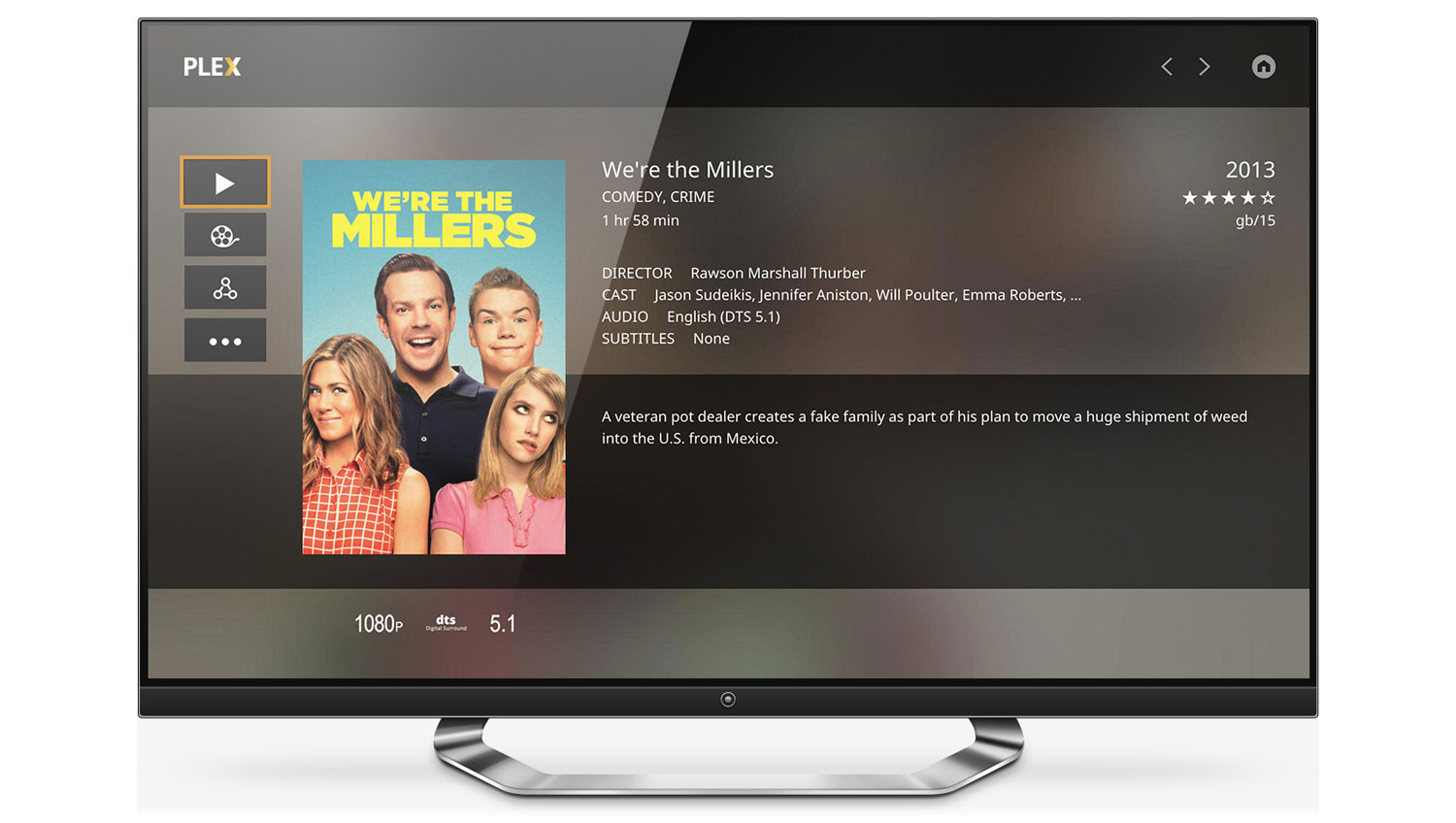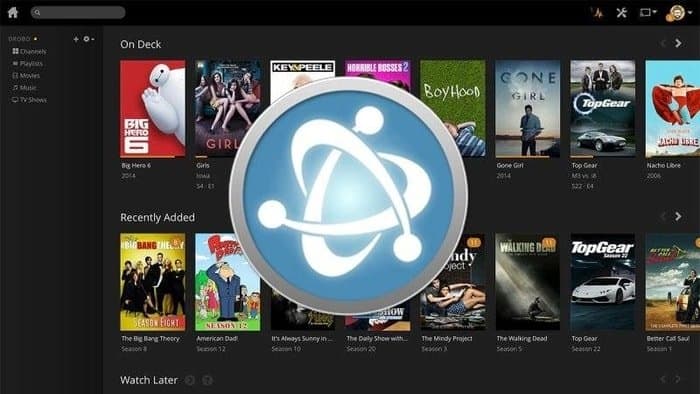Its the end of 2020, the internet has become ubiquitous (at least in the Metros of Nairobi, Mombasa, Nakuru, Kisumu, Eldoret, Nyeri). ISP’s are tripping over each other with a plethora of data offerings.
Rapidly expanding penetration rates coupled with a multitude of options, be it bundles that do not expire, unlimited capacity time plans (Faiba Fisi hour), Fiber to the home (FTTH) and many other options. In short, the internet age is upon us.
Unlimited Video and Audio Content are now within the touch of a button. For video, it could be your TV
remote, your media-box (android box, Apple Tv), streaming service (DSTV, Netflix, Amazon prime, Hulu, Roku), AV receiver content and most popularly any number of apps on your mobile device.
Audio content we have Spotify, Apple Music, Tidal and Sirius/XM not forgetting our very own terrestrial
radio channels available via live streams.
Why Should You Care About Media Servers
The above mentioned is all good but picture this:
- Your internet connection goes down or you are not on a dedicated connection so you suffer from slower speed than is necessary for the live stream to run.
- You are a media enthusiast with a large library of high-resolution content (Blue-ray, DVD) that you want
to watch via your AV-Receiver on demand. - Streaming content availability issues, either your current steaming provider does not have the
media/movie/TV show you want or has just taken it off their library.
What do you do? What you need is a media server.
This is a dedicated hardware or software (physical server or application program) that is responsible for aggregating multimedia content from various sources on demand. They are commonly used in
conjunction with home theatre systems for easy access to a wide variety of media.
In most cases, this will be run on an old computer, laptop or shared drive which have become quite
affordable. The best part is the capability to share a library and stream the same or different content from different locations and different platforms/devices. E.g. you can stream your documentary in your study using your tablet, while the kids watch their favourite cartoons from the living room.
Whether you want to streamline your entertainment, reorganize your business media, or house a
collection of ripped movies, consider these options for home media servers below:
Plex


This is the most popular one out there. It has an easy automated setup process and can be set up on a
PC or NAS (Network-attached Storage) and has a ton of content provider compatibility.
The Good
- Fast and intuitive user interface
- Easy setup
- Can provide cover art, music videos, trailers, and more
The Bad:
- Some features require a subscription or lifetime pass
- Menus might not handle large media collections well (depends on connection quality)
Universal Media server


Quite more complicated than Plex but fully open source and free. The setup is more secure since
access is only limited to your Home network.
The good:
- Open source and free
- Fast browsing
- Highly customizable
Cons:
- Confusing setup
- Limited plugins
- Lacks remote access options


Comments